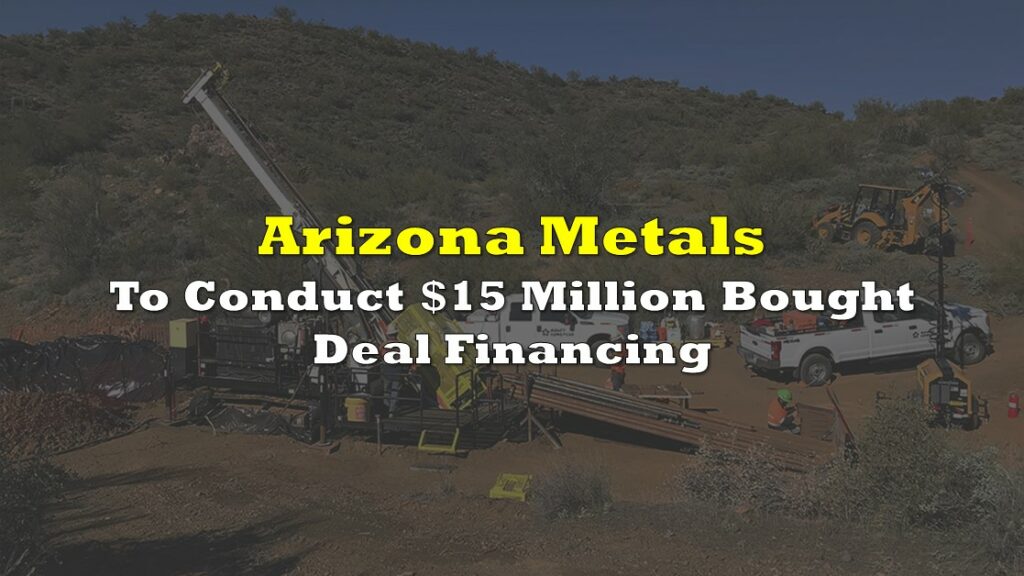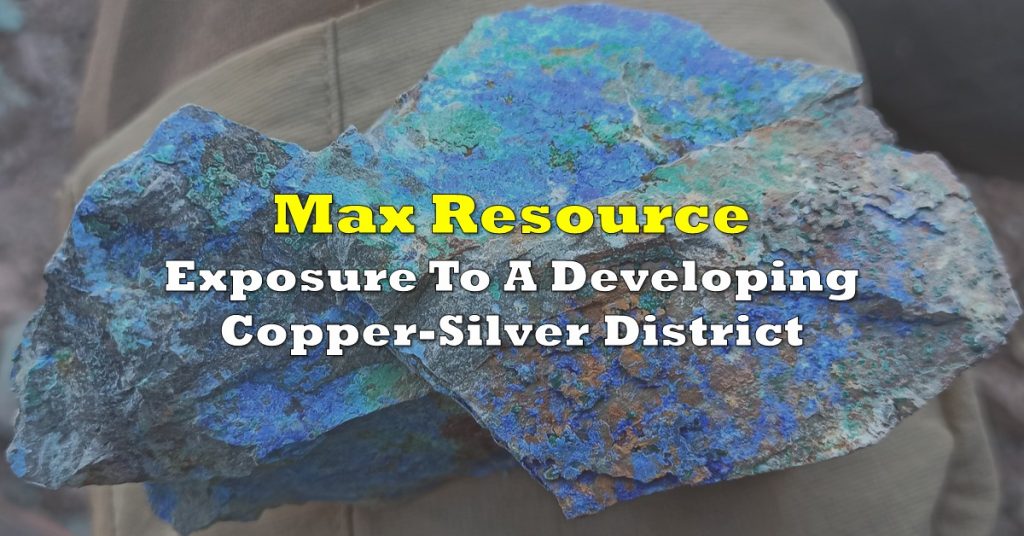Glencore is preparing to close Canada’s largest copper metal operation in Quebec, the Horne smelter and Canadian Copper Refinery, over environmental compliance costs and required upgrades potentially exceeding US$200 million, according to two people with knowledge of the plan.
The operations in Rouyn-Noranda and Montreal employ more than 1,000 workers, process over 300,000 metric tons of copper metal a year by industry estimates, and underpin North American supply at a time when copper prices hit a record US$11,200 per ton. Much of Glencore’s Canadian copper metal is exported to the US, which was a net importer last year and sourced more than 150,000 tons from Canada, about 17% of US imports.
A Glencore spokesperson said the company is “not currently considering the closure of the Horne smelter or CCR” and noted that smelters “face enormous pressures around the world, including significant financial, regulatory and operational pressure.”
Two sources said both plants will be closed, with no date set, citing modernization needs potentially above US$200 million to make the facilities environmentally safe. Glencore said it is continuing to implement its emissions reduction plan, is advancing studies and other works, and is working with stakeholders to preserve ongoing smelting operations in Canada.
This comes after the recent G7 announcement on critical minerals investments and partnerships that aim to unlock $6.4 billion in projects through offtake agreements, stockpiling, and targeted financing.
“Glencore’s plans to close Horne and CCR are related to the costs of making the operation environmentally safe.”
— Heather Exner-Pirot (@ExnerPirot) November 3, 2025
We can’t make G7 critical minerals deals to compete with China on one hand & make our domestic mineral processing uncompetitive with environmental regs on the other! https://t.co/LIJFVjZPqB
Financial pressure on custom smelters has intensified. Treatment and refining charges on the spot market have been negative since last year, meaning smelters have had to pay miners for concentrate rather than being paid to process it.
Glencore is also facing a class action authorized by Quebec’s Superior Court over arsenic emissions at Horne, with damages claimable back to 2020.
“As this is an ongoing legal matter that we are contesting in court, we won’t be commenting publicly on the proceedings at this time. We are confident that the Horne Smelter’s operations are safe for the public,” Glencore said.
The two sources said any closure decision is not related to the lawsuit but to the costs required to meet environmental standards.
Horne, founded in 1927, pioneered e-scrap recycling in 1980. Glencore processes around 100,000 metric tons of discarded electronics annually to produce copper, nickel, cobalt, gold and silver. Horne produces copper anode that CCR refines into cathode, a chain that would be difficult to replace quickly in North America if the assets go offline.
Information for this briefing was found via The Globe And Mail and the sources mentioned. The author has no securities or affiliations related to this organization. Not a recommendation to buy or sell. Always do additional research and consult a professional before purchasing a security. The author holds no licenses.









